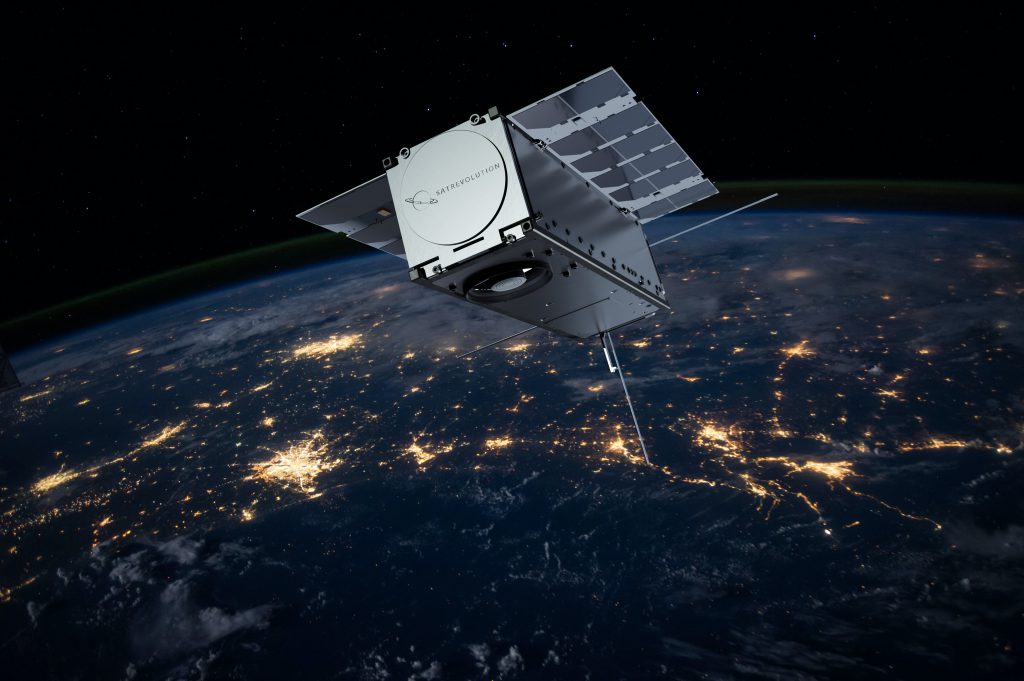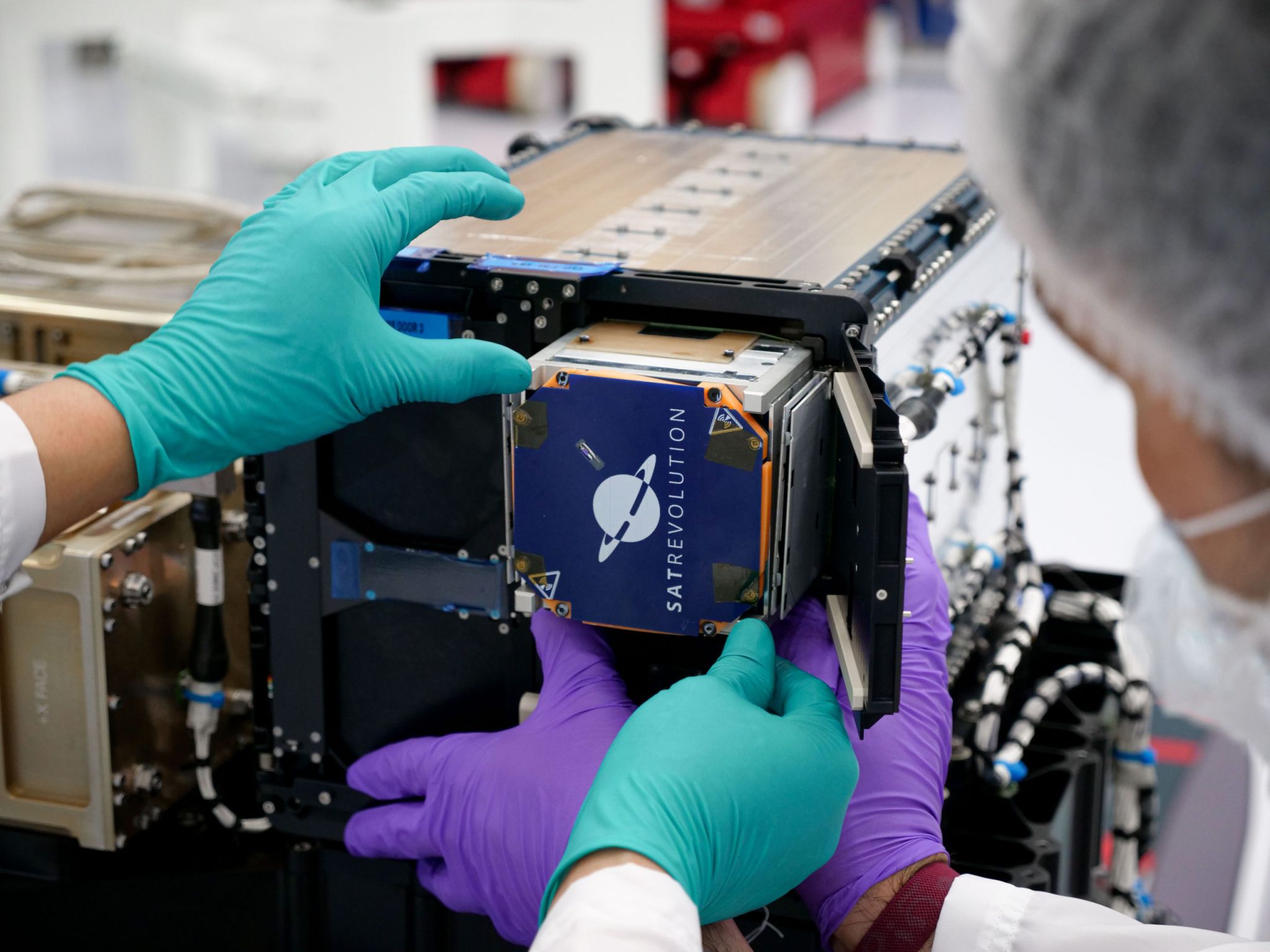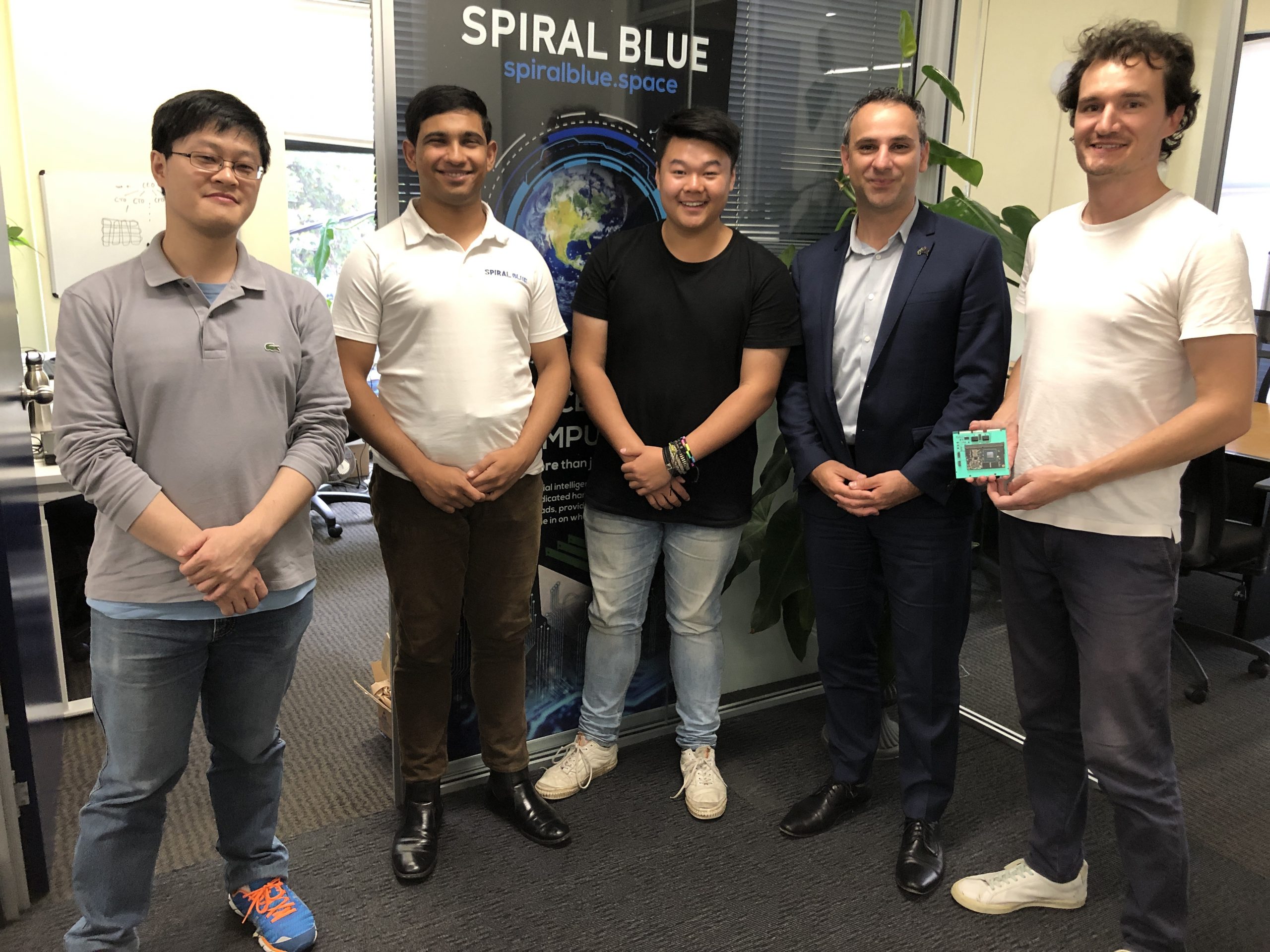
Spiral Blue takes edge computing into orbit, democratising space data
Taofiq Huq was just five years old when he arrived in Australia from Bangladesh. Even as a young schoolboy in Sydney, he knew that he wanted to ‘do something in space’ when he grew up and completed an aerospace engineering degree at UNSW.
After securing an internship with Saber Astronautics, one of the pioneers of Australia’s space sector, Huq is now a fully-fledged space engineer, as well as the Founder and CEO of space startup, Spiral Blue. The company is building the Space Edge Computer – an onboard computer for Earth observation satellites that processes images on the satellite as they are collected.
This is processing at the very edge.
Working with Spiral Blue co-founders Dr Henry Zhong and James Buttenshaw, Huq’s vision is to create a cloud-based platform that can deliver affordable, meaningful insights from space sourced data.
“The vision was for me that I wanted to use space based technologies to help the Earth,” says Huq. Space sourced data he believes could help lift agricultural outputs, improve sustainability and tackle particularly gnarly problems such as climate change, deforestation, pollution and illegal fishing.

While a range of sectors that he spoke to were eager to use space sourced data – many found it was simply too expensive and complex.
Spiral Blue intends to fix that.
Rather than rely on NASA and European Space Agency owned satellites which do not meet the requirements of most industries, Spiral Blue is working with innovative and new satellite companies to collect more locally focused data, process that data at the edge, and deliver it to earth in very practical formats.
“If we are able to process this data on the edge almost straight into the format that’s actually needed for decision makers, then that obviously makes it a lot easier. And because the processed data is much smaller in size than the raw data, we can actually overcome capacity constraints. We can send more information through than was possible with just raw data,” says Huq.
Spiral Blue’s partner SatRevolution has launched its first satellites which will test the company’s hypothesis and allow it to develop a first commercial service – delivering affordable space data insights directly into the hands of the people on the ground.
“We need cloud on the ground to actually support that. And obviously it’s a lot better to do that through a cloud provider then to try to build that ourselves. I mean, there may be aspects where we need to keep to ourselves for whatever reason, but that will be very minor I suspect,” says Huq.
As part of the Microsoft for Space Startup program Spiral Blue will have access to a wide range of Azure technologies and AI-infused services that it can leverage to develop its service. It will also have access to Microsoft experts and mentors to help build the business. Huq says:
We are essentially building a cloud like infrastructure in space – it makes sense to partner with the largest cloud computing companies on the planet to see how we can learn from each other to build out this architecture and then hopefully to access some of Microsoft’s customers and bring them into our pipeline as well.
Initially funded through a contract from the Defence Innovation Hub and a grant from the Australian Space Agency Spiral Blue, Huq expects early applications to include defence and maritime surveillance, followed by agriculture, city planning and forestry.








